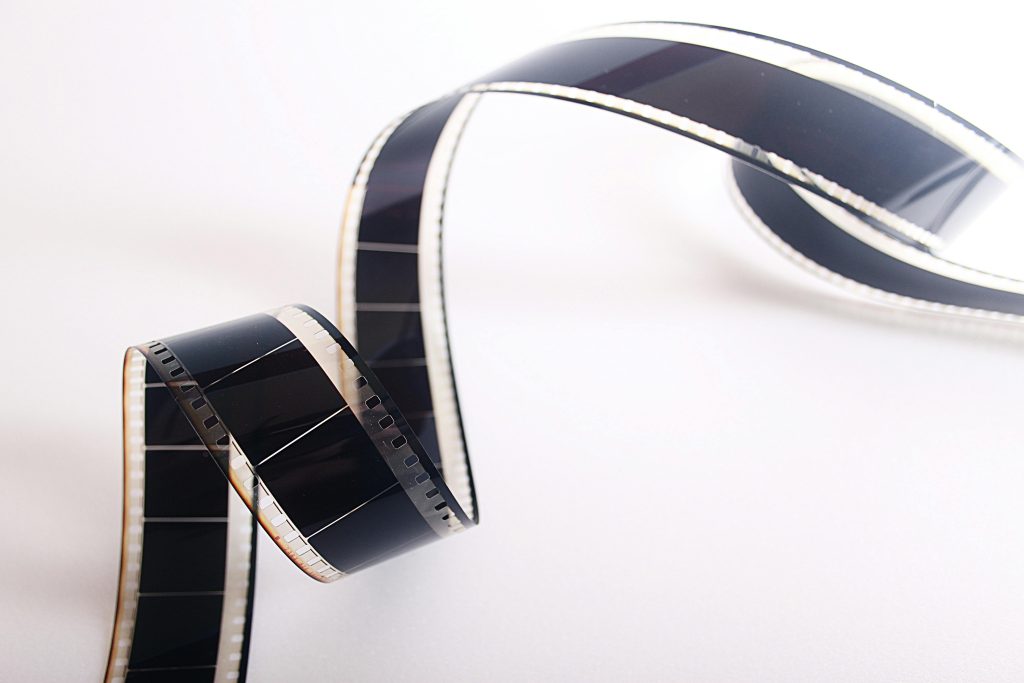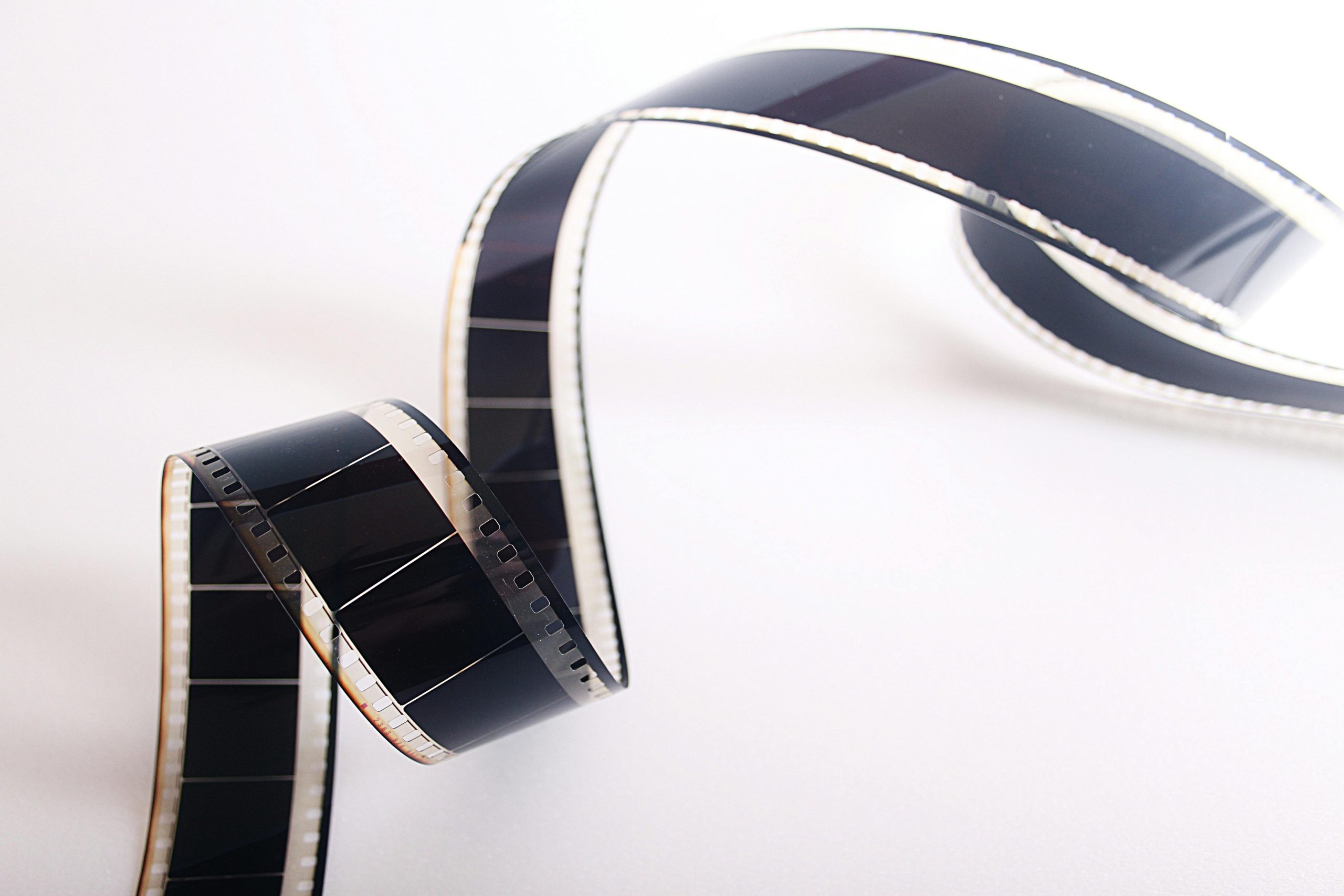
Since its inception, film has been a powerful medium for shaping our ideas about the world. Our experiences watching movies allow us to learn about people, places, and perspectives that we would otherwise be unfamiliar with. This leaves filmmakers in a powerful position to influence how audiences understand conflicts, social issues, and communities they have not experienced for themselves.
Last month, the 2024 Global Peace Film Festival (GPFF) took place from September 17-22. During this period, films were screened locally at Rollins College’s Bush Auditorium, the Enzian Theater, and the Winter Park Library. At the start of the festival, I was privileged to speak with rising filmmaker Maximina Juson, director of “One Person, One Vote?” and experienced filmmaker Susanne Rostock, director of “Following Harry.”
“One Person, One Vote?” screened at Bush Auditorium on Wednesday, September 18. The film tracks the history of the Electoral College and interrogates the extent to which the U.S. electoral process was crafted to preserve the institution of slavery. Describing her goals as a filmmaker, Juson said, “I wanted to make a film that can empower Americans to have a thoughtful dialogue and debate around the electoral college and where it fits into our democracy.”
“Following Harry” was presented at the Enzian Theater on Tuesday, September 16 and at Bush Auditorium on Saturday, September 21. Filmmaker Susanne Rostock worked on the documentary over the course of 14 years, capturing Harry Belafonte’s vision for America’s future and his continued mission of social justice. She explained, “The film is about the last 10 years of Harry Belafonte’s life. He’s known as an entertainer, but he was so far beyond that. He was very involved in the civil rights movement, and he gave tremendous financial and emotional support to the movement by bringing in other actors and artists.”
Both Juson and Rostock felt that it was crucial for younger audiences to engage with their films; Juson spoke of her film as an educational resource. “I’m so excited that this film is being purchased for libraries and universities. We’re also creating lesson plans for PBS LearningMedia,” she said. Rostock noted that Belafonte is “definitely not” as well-known as he should be with younger adults. She hopes that her film can help pass the torch of his wisdom to another generation so they can learn to make change through compassion.
As much as I was fascinated by the subjects covered in “Following Harry” and “One Person, One Vote?” I found myself even more intrigued by the process the filmmakers undertook to bring these stories to the big screen. It’s no secret that making a documentary film is hard work, but I had never considered the advantage documentary storytellers have in providing a broad overview of complex issues. Juson explained that filmmakers can identify gaps in knowledge and do a deep dive into a topic in a way that educators don’t always have the time or resources to do. She said, “I visited professors who specialize in the electoral college all around the country and I’m able to aggregate all of their thinking into one piece.”
This advantage of providing a comprehensive overview does not come without challenges. After completing extensive research on an issue and interviewing experts, a documentarian should outline potential solutions, or at least provide audiences with the necessary framework to formulate solutions.
As Rostock said, “It’s one thing to demand change, but you have to have something in place to work toward. Try to activate people to make them want to find a solution.” Juson concurred, adding that documentary films about social issues should spark dialogue and inspire audiences to ask themselves, “What can I do next?”
Looking back at the 2024 GPFF and my conversation with Juson and Rostock, I feel stronger in my belief that film is the most effective medium for changing how we think about the world around us. While novels and print media certainly have their place in shaping our perception, cinematic storytelling has a unique ability to stick with us in a way that has a lasting impact. Whether by shining a light on social issues, breaking down the history of a complex political process, or providing a closer look at the legacy of a cultural icon, films can initiate important conversations and lead us to question our preconceived ideas.
From Juson and Rostock, I learned that well-researched and well-cast documentary films can be especially powerful in promoting critical thought. Beyond filmmaking, we can all act as change-makers by identifying issues that need to be further fleshed out and working to tackle the problems we observe in our daily lives.
The opinions on this page do not necessarily reflect those of The Sandspur or Rollins College. Have any additional tips or opinions? Send us your response. We want to hear your voice.














Comments are closed.